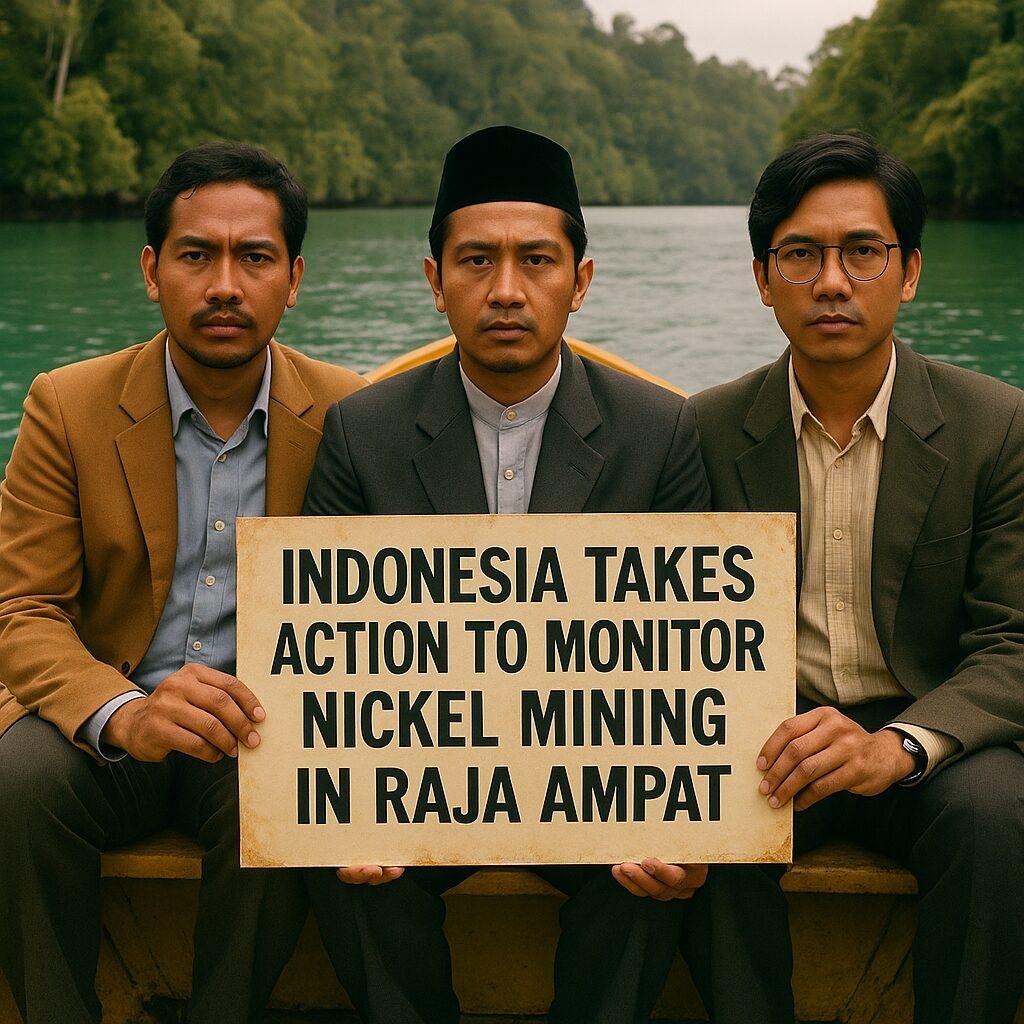- Indonesia intensifies monitoring of nickel mining in Raja Ampat to protect biodiversity.
- Scrutiny extends to processing and waste disposal practices to mitigate environmental damage.
- Balancing economic activities with environmental conservation is crucial; Indonesia sets an example in sustainability.

In a recent development, Indonesia has decided to rigorously scrutinize the mining activities in Raja Ampat, as reported by ANTARA News. The Ministry of Environment announced its continued commitment to thoroughly examine various factors related to nickel mining on the Raja Ampat islands.
The move is a major step towards ensuring the sustainability and preservation of the region’s biodiversity. Raja Ampat, known for its rich and diverse marine life, has been at risk due to the extensive nickel mining. The ministry’s decision to closely monitor the mining activities is a significant measure towards the protection of this ecosystem.
This initiative by the Indonesian government also highlights the rising global concern about the environmental impact of mining activities. The scrutiny not only involves the mining activities but extends to examining the subsequent processing and waste disposal practices. This comprehensive approach aims to mitigate the potential damage to the environment and the local communities.
The decision to thoroughly vet mining activities could have significant economic implications as well. Indonesia is one of the world’s largest nickel producers, and the scrutiny could impact the supply of nickel, affecting its global prices. However, balancing economic activities with environmental conservation is a critical need of the hour, and Indonesia’s move is a commendable step in this direction.
As the world continues to grapple with the challenges posed by climate change and pollution, such initiatives are a beacon of hope. They underscore the fact that economic growth should not come at the cost of environmental degradation. The Indonesian government’s move also serves as an example for other nations to follow, highlighting the importance of responsible and sustainable mining practices.

